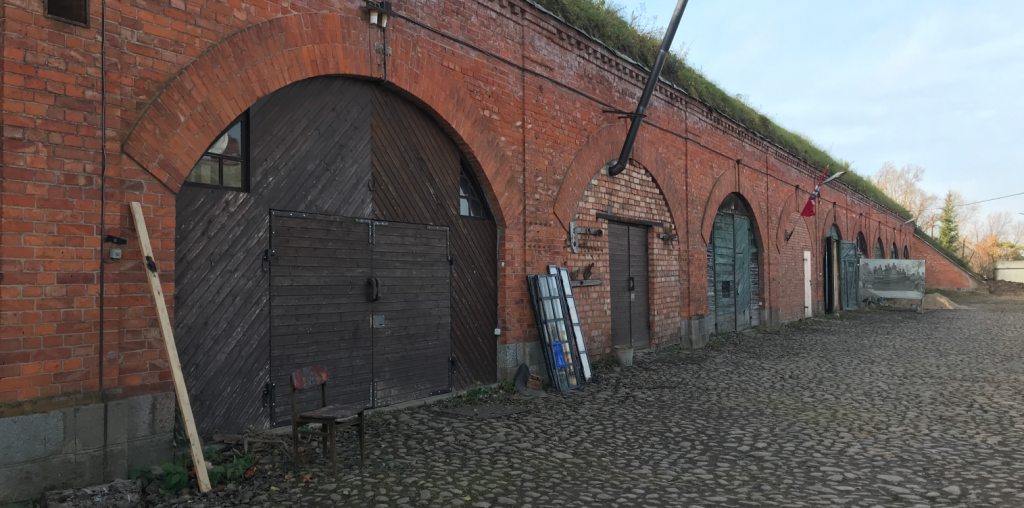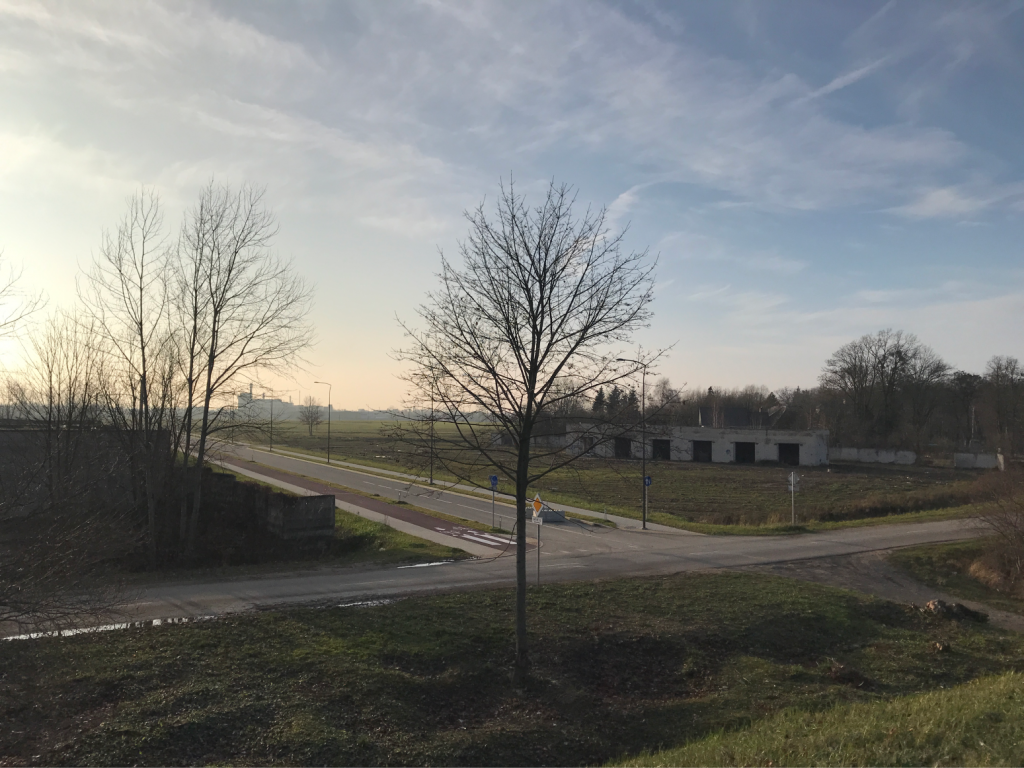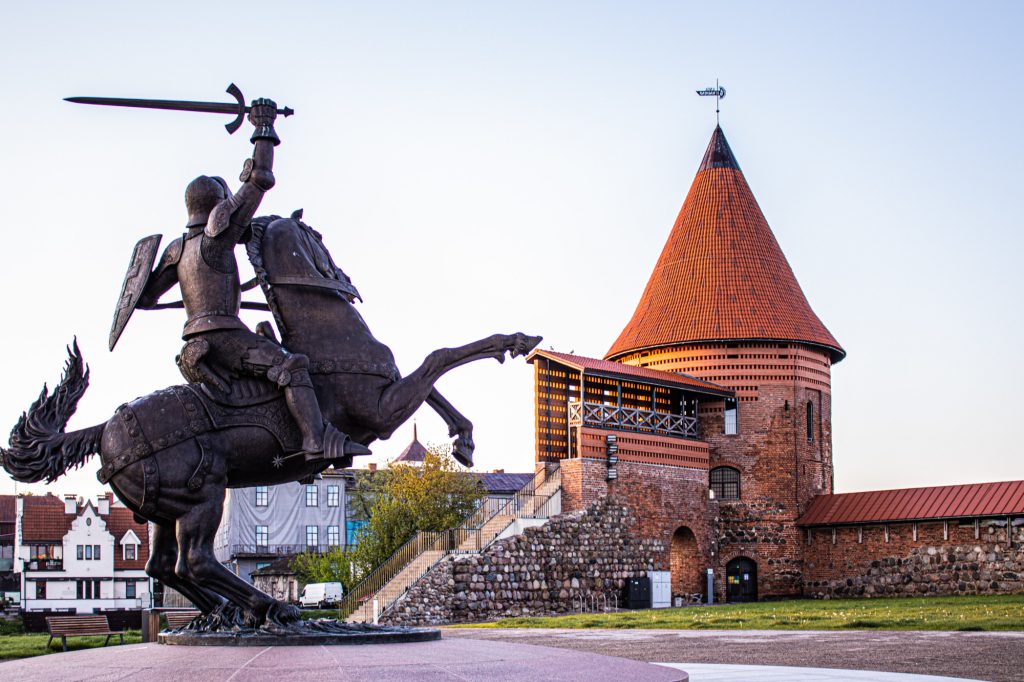Toolbox in Action
Explore how participatory meanwhile interventions unfolded in the context of seven regeneration initiatives across Europe & Asia.
Particularly suggested for policy-makers, practitioners, and researchers.
About
Aleksotas Kaunas
The Aleksotas district is located in the Southern part of Kaunas, on the upper terrace of the Nemunas river. The area used to be quite separated from the rest of the city, and is mainly characterised by mono-functional buildings, mostly residential. The situation changed in 2002, when the M.K. Ciurlionis bridge was completed. This new connection brought Aleksotas closer to the city. Since 2015 the city of Kaunas has been investing efforts and resources in order to upgrade the site and prepare it for renewal and regeneration. As a result, Aleksotas is increasingly attracting interest and attention for urban redevelopment and transformation.
Aleksotas Innovation Industry Park (AIIP)
The establishment of the Aleksotas Innovation Industry Park (AIIP) is an important project for the whole of Lithuania, as it can contribute to the implementation of national strategic goals and objectives. The AIIP location is known as a former testing site for helicopters. Moreover, its surroundings preserve the history of Kaunas Fortress, a fortress complex built between 1882 and 1915 to protect the Russian Empire’s western borders. Later, during the period of the First Republic of Lithuania, the military warehouses became garages, where tanks were parked. Nowadays, the main warehouse has been transformed into a space to host events and workshops, as well as the headquarters offices of the Kaunas Fortress Park. The AIIP is an urban regeneration project aimed to become a recreational area both for AIIP workers and inhabitants of the city. The main objective of the AIIP is to convert the military base into an industrial innovation area for low carbon companies focusing on bio-med, bio-pharma and bio- food. Through the AIIP, Lithuania and Kaunas want to reinforce the relationship between local businesses and research institutions which will contribute to economic and social value and improve national competitiveness.
Challenges and opportunities for Meanwhile intervention
The overall challenge is to develop the AIIP as a ‘new bit’ of Kaunas. At present, the site has shortages in basic services and facilities and after years of abandonment, a new identity for the area needs to be developed. The AIIP aspires to establish a dynamic and creative ecosystem for new businesses and research in specialised fields (bio-med, bio-pharma and bio-food). The engagement of the local communities is a crucial component of the project, which can create new spaces for dialogue and collaboration between the professional community that will inhabit the area and local communities nearby. In this regard, the implementation of temporary uses aims to serve as a “demonstrator” that may potentially be expanded across other regeneration projects in Kaunas and beyond.
At the moment, the identity of the area is mainly centred around military purposes. Therefore, as part of the regeneration project, the site will need to get a new identity. Furthermore, the current legal system does not envisage temporary uses, and this is quite a new practice in the city and across the whole of Lithuania.
There is currently a lack of diversity in functions and initiatives in the park. Cultural offers and basic public services are not broadly available as most of the area is used for industrial and residential purposes. However, there is rich cultural heritage in and around the site, for example the Kaunas Fortress complex.
City: Kaunas
Country: Lithuania
Location: Southern part of the city
Scale: 29 Hectares
Investment: Envisaged public investment of 16 MLN €
Governance: Public Private Partnership
Timeline: 2022 – 2042




Privacy Overview
| Cookie | Duration | Description |
|---|---|---|
| cookielawinfo-checkbox-analytics | 11 months | This cookie is set by GDPR Cookie Consent plugin. The cookie is used to store the user consent for the cookies in the category "Analytics". |
| cookielawinfo-checkbox-necessary | 11 months | This cookie is set by GDPR Cookie Consent plugin. The cookies is used to store the user consent for the cookies in the category "Necessary". |
| CookieLawInfoConsent | 1 year | Used to save user's preferences about the cookies. |
| PHPSESSID | session | Preserves user session state across page requests. |
| viewed_cookie_policy | 11 months | The cookie is set by the GDPR Cookie Consent plugin and is used to store whether or not user has consented to the use of cookies. It does not store any personal data. |
| Cookie | Duration | Description |
|---|---|---|
| _ga | 2 years | This cookie is set by Google Analytics. It is used to identify unique users and it expires after 2 years. |
| _gat | 1 minute | This cookie is set by Google Analytics. It is used to by Google Analytics to throttle request rate. |
| _gid | 24 hours | This cookie is set by Google Analytics. It is used to identify unique users and it expires after 24 hours. |